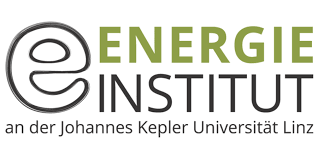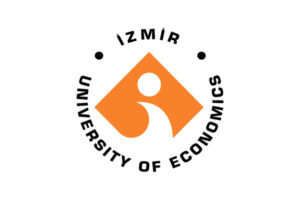Project ID
The efforts to increase energy efficiency and reduce energy consumption and CO2 emissions are met with several psychological biases. Even though behavioural science has offered significant knowledge through several small-scale pilots, the need for urgent intervention calls for fast and large-scale programmes. What is more, it is essential to understand how intervention programmes based on behavioural science can be delivered in real-life situations. The EU-funded ENCHANT project will assess existing knowledge, analyse available data in the field and design realistic intervention programmes, applying them in six EU Member States. The consortium consists of a range of user partners aiming to test a vast selection of intervention actions, considering a large variety of psychological biases and focussing on gender specific effects.


